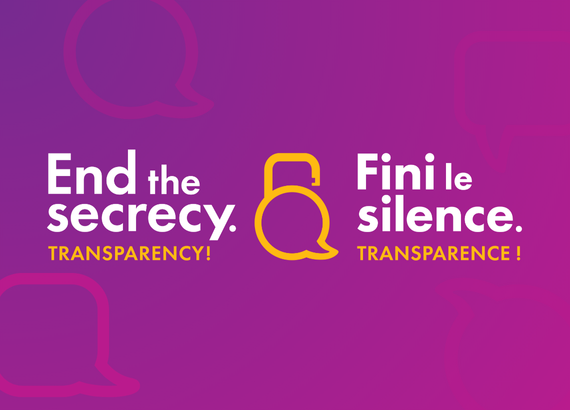Pay transparency is on the way!
In its recent Throne Speech, the provincial government announced its intention to introduce pay transparency legislation in 2026.
They already launched public consultations to develop a Pay Transparency Framework, and they want to hear from you!
How to participate
A bit of background
Pay transparency means sharing information about compensation instead of keeping it secret, because pay secrecy often hides discrimination and unfair gaps.
Pay transparency helps enforce rights that already exist, like equal pay for equal work. But without access to wage information, it’s impossible to know whether you’re being paid fairly.
Our proposal includes three main pillars:
- Worker Protections
- Protect workers from retaliation when they talk about pay or ask how pay is determined.
- Ban unfair practices like:
- Setting pay based on previous salaries.
- Requiring contracts that forbid workers from discussing pay.
- Enforcement & Accountability
- Include the hourly wage, pay range, benefits, and pension in all job postings.
- Make pay structures transparent.
- Review pay regularly to ensure fair compensation for women, Indigenous, racialized, disabled, and 2SLGBTQIA+ workers.
- Share annual results with employees and online.
- Application de la loi et responsabilité
- The Pay Equity Bureau, with three compliance officers, would:
- Educate employers on pay transparency.
- Monitor workplaces for compliance.
- Enforce rules through orders or penalties.
- Publish an annual summary report.
- The Pay Equity Bureau, with three compliance officers, would:
For more info (& help you to answer the survey!)
We don’t want you to head into the consultations empty-handed. Here are a few key resources to help you prepare and share your ideas with confidence:
- Infosheet – A plain-language overview of pay transparency and why it matters
- Summary of our proposed framework – The main elements we recommend for the law
- Policy statement – Our position and guiding principles
- Workbook – A space to reflect, take notes, and prepare your contribution
What pay transparency helps do
- Reveal hidden wage gaps and break the culture of secrecy
- Help workers exercise their rights to discrimination-free pay
- Push employers to review their pay practices
- Encourage employers to fix wage gaps
What would help workplaces adjust
- Standardized forms and tools (including software)
- Direct support when questions or compliance issues come up
- Training and education for both employers and employees
Data organizations should disclose
- Wage gaps across the following groups:
- gender
- race
- Indigenous peoples
- Black and racialized people
- people with disabilities
- 2SLGBTQIA+ communities
- Salary grids, hourly rates, premiums, overtime
- Gaps between these groups and reference groups
This makes inequities visible... and easier to fix.
Let’s make sure New Brunswick’s future law is strong, fair, and built to last!
